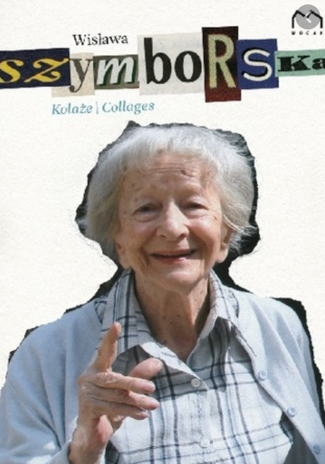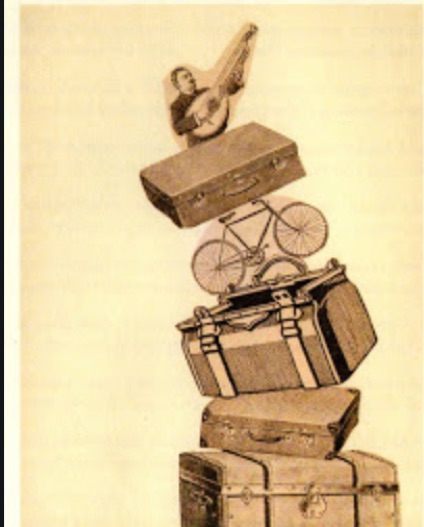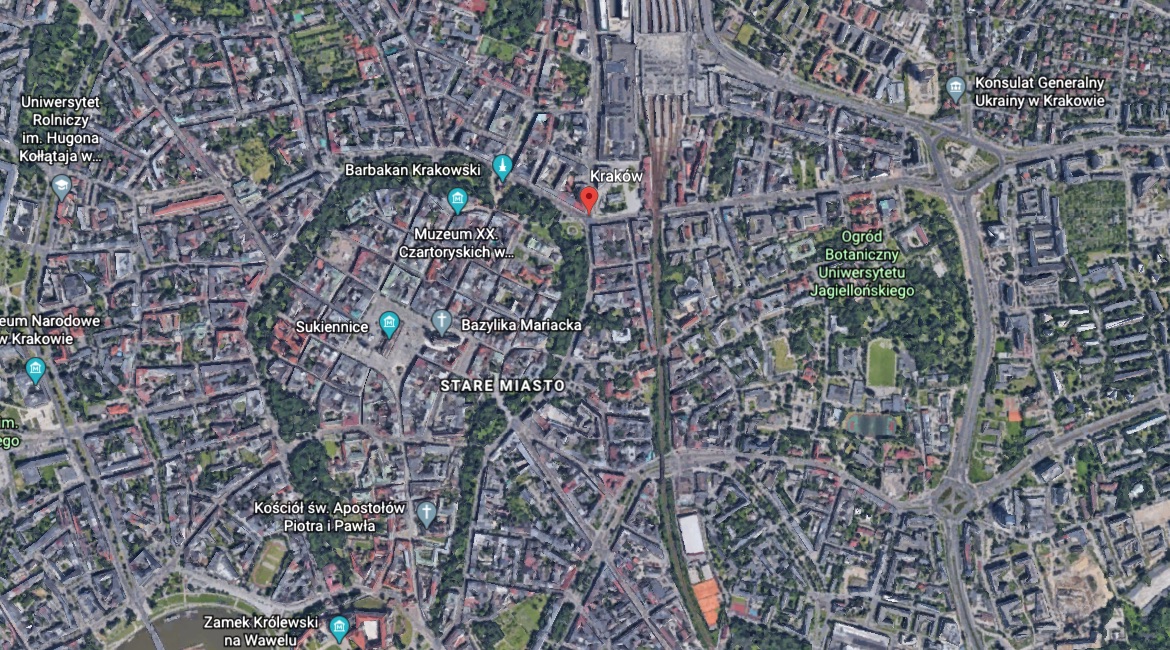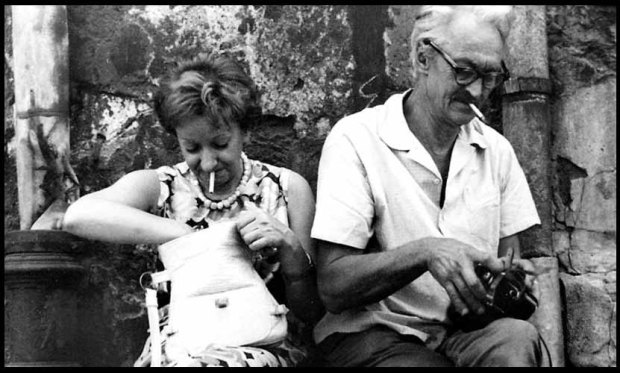APS TOGETHER
Day 2
Salt. Page 59-103.
August 7, 2020 by Ilya Kaminsky

I wonder if “Travel Elegy” is another letter to Yeti? Altho Szymborska takes us from Paris- Leningrad-Caucasus I read this not as a mere piece on tourism but a letter to beyond, a confession about our human condition, our tourism of being on this planet at all.
“Everything’s mine but just on loan,
nothing for the memory to hold,
though mine as long as I look.”
The tone here is helpless, yet precise, even willful:
“I won’t retain one blade of grass
as it’s truly seen.
Salutation and farewell
in a single glance.
For surplus and absence alike
a single motion of the neck.”
In our daily lives, each hour is so long. And yet, it is gone in no time: “Salutation and farewell / in a single glance”

But of course, one may read this poem for travel notes, too, if you insist: Google Earth zooms us over the streets of Krakow:

These lines are from a powerful poem, “Starvation Camp Near Jaslo”
“History rounds off skeletons to zero.
A thousand and one is still only a thousand.”
This poem isn’t often cited among Szymborska’s most famous poems. But it’s the first poem of hers that I ever read: back in late 1980s, it appeared in a Russian anthology, in Anna Akhmatova’s translation:
"Write it down. Write it. With ordinary ink
on ordinary paper: they weren’t given food,
they all died of hunger.
Joanna Trzeciak notes: Jaslo wasn’t itself the site of a starvation camp. The camp was set up in Szebnie, near Jaslo, three times during the German occupation of Poland during WWII. Different sources have estimated the death toll at anywhere from 4,000 to over 10,000.
Let’s move to a very different theme. I’m interested in the evolution of Szymborska’s love poems. A few lines from “Flagrance,” from 1957’s Calling out to Yeti:
So here we are, the naked lovers,
lovely, as we both agree,
with eyelids as our only covers

Wislawa with the second biggest love of her life, Kornel Filipowicz
And here are a few lines from “I am too close for him to dream of me” from the book called Salt, which appeared five years later:
I am too close for him to dream of me.
I don't flutter over him, don't flee him
beneath the roots of trees. I am too close.
. . . . . . . . . . . . . . . . . . . . . . . . . . . . . . . . . . . . . .
too close. I hear the word hiss
and see its glistening scales as I lie motionless
in his embrace. He's sleeping,
more accessible at this moment to an usherette
he saw once in a traveling circus with one lion
than to me, who lies at his side.
There are many more love poems in her oeuvre, of course. But I am interested in “Going Home,” which was published ten years later. To tell the truth, I am not sure if “Going Home” is in fact a love poem, but something tells me it might be:
He came home. Said nothing.
It was clear, though, that something had gone wrong.
He lay down fully dressed.
Pulled the blanket over his head.
Tucked up his knees.
He’s nearly forty, but not at the moment.
He exists just as he did inside his mother’s womb,
clad in seven walls of skin, in sheltered darkness.
Tomorrow he’ll give a lecture
on homeostasis in megagalactic cosmonautics.
For now, though, he has curled up and gone to sleep.
But I’m getting ahead of myself. Let’s come back to “I am too close…” Read it in MAP. Compare it to Czesław Miłosz’s translation. I’d be curious to hear people’s ideas about different translations (but please remember: it isn’t a bar fight, it is literature!).
Perhaps you know other different translations of other Szymborska poems that we have read so far? Might you want to share some with us?
Joanna Trzeciak notes that “the three final lines of this poem hearken back to the medieval theological dispute over the corporeality of angels (including fallen ones). Although often attributed to Saint Thomas Aquinas, this alleged quibble was more plausibly a common place mockery of medieval disputes flowing from the pens of such writers as Isaac D’Israeli in his Curiosities of Literature.”
To brighten up your day, here is a very short video of Szymborska, with English subtitles.
"Pardon me, hounded hope, for laughing from time to time"
